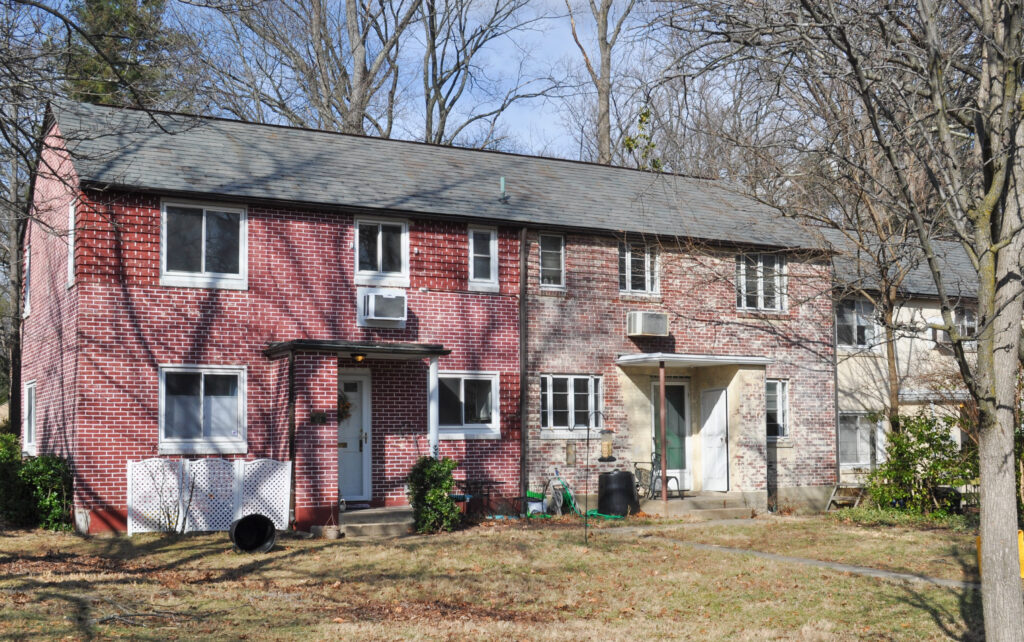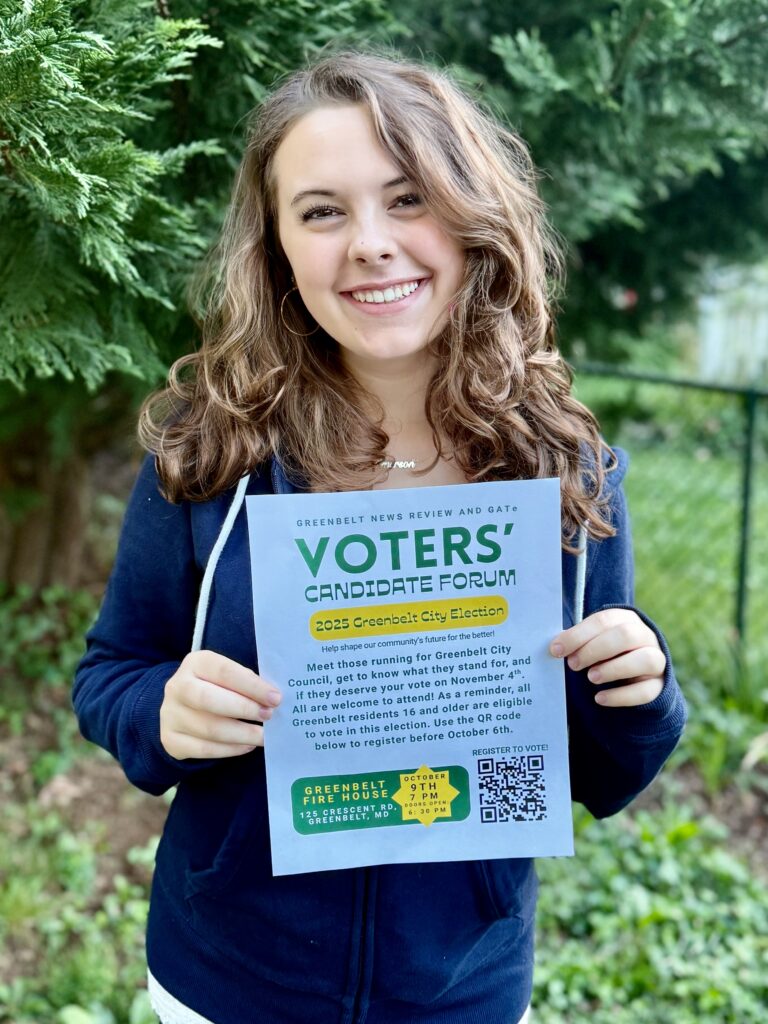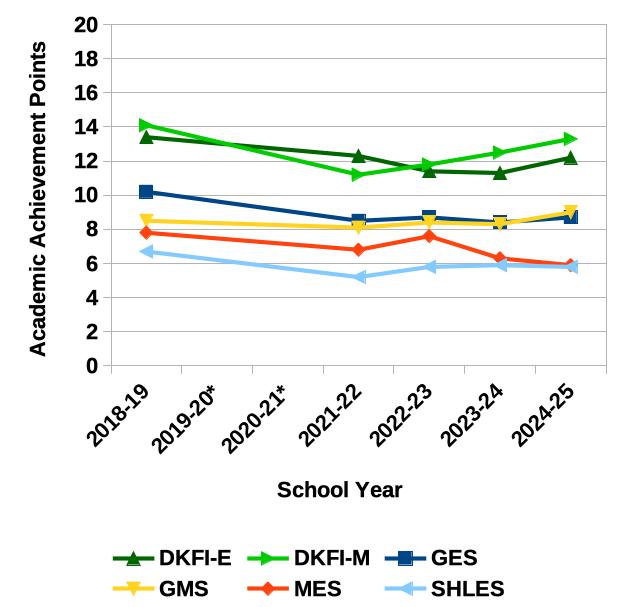At its June 8 regular meeting the Greenbelt City Council adopted the budget for the fiscal year starting July 1 (FY21) on a 6-0 vote with Councilmember Edward Putens absent due to work obligations. The budget is essentially what City Manager Nicole Ard had proposed to council at the April 14 budget presentation, incorporating the changes she discussed at the April 16 budget overview worksession. In addition, council briefly discussed resident input into council’s virtual meetings.
Revenues
The level of uncertainty regarding the estimated revenues is far greater than usual. Revenues are expected to take a major hit due to the impact of the measures taken to combat the coronavirus. These include an anticipated increase in commercial abatements, where businesses can request a reassessment allowing them to lower their property taxes for up to three years. Unlike residential properties, commercial
properties are assessed based upon the revenue stream they are expected to generate. Staff estimated such abatements at $1.5 million.
Other taxes such as admissions and amusement taxes, hotel/motel tax, income tax and highway user revenues (from gas tax) together are expected to lessen revenues by $1.3 million. Fees, such as recreation fees, parking citations and red light and speed camera fines are also expected to be lower than usual, further lessening revenues by $842,200.
On the plus side, the city will not have to transfer funds from its operating budget to reserve funds to support certain expenditures nor match funds from a grant request that was denied. Together these will improve revenues from the originally proposed budget by $364,700. The fine for parking tickets will be raised $10 to $50. A motion by Councilmember Rodney Roberts to remove this increase from the budget was defeated on a 2-3 vote, with Councilmember Silke Pope away from the call due to a household emergency.
These changes, along with lower than expected interest and health insurance costs result in estimated FY21 revenues of $29.6 million.
Expenditures
In order to balance the budget, Ard proposed and council
adopted deferring almost any expenditure that it could. Most vacant positions, except for recreation director and an animal control officer, will be left unfilled. Only essential travel and training will be funded. Training required to obtain certifications and/or comply with licensing requirements is considered essential. All staff salary increases (cost of living and merit) will be deferred as will all purchases from the replacement fund and capital and building reserve projects not funded by grants. The planned compensation study will be deferred, and the architectural space study will be deleted though some or all of it may be done using capital funds.
These cuts resulted in estimated expenditures of $28.8 million, leaving a cushion of $480,035 before having to use reserve funds and an anticipated end-of-year reserve balance of 15.3 percent of expenditures.
Public Hearing
Prior to taking up the budget, council held a public hearing, as required by state law, on the fact that, although the tax rate will not change, higher assessments will increase property tax revenues by $419,002. To avoid increasing revenues solely due to assessment increases, the city would need to reduce its tax rate from the current rate of $0.8275 per $100 of assessed value to $0.8076 per $100.
Boxwood resident Rebecca Duncan called upon council both at the meeting and in an email to lower its tax rate to the constant yield rate. She noted that, since she purchased her home in 2004, her property taxes had risen each year due to increases in assessed valuations and/or the city tax rate. She noted that many homeowners have lost their jobs and are struggling to keep afloat. She accused the state and city governments of capriciously raising assessments and rates to get additional revenues. Maintaining a budget that is filled with “nice to haves” has got to stop. “I’m not seeing the value and I’m the one footing the bill,” she wrote.
Resident Daniel Thies suggested that council consider adopting a “land value tax” which would allow the city to get revenue from parts of the city that are undeveloped or underutilized. Currently, this is only used in Pennsylvania, he said. Resident Bill Orleans raised his annual call for council to more aggressively fight business requests to lower their assessed valuation.
Councilmember Emmett Jordan moved that council lower the city tax rate noting that Greenbelt has the 14th highest tax rate among the 150 municipalities in the Maryland Municipal League. His motion failed on a 2-4 vote with Jordan and Mayor Colin Byrd voting aye.
The councilmembers voting against the motion had two major concerns. The first was that Jordan had not raised this proposal until late in the budget process so there had been no discussion of possible further cuts needed in response to the revenue loss. The second was that there is still a lot of uncertainty as to how quickly the county will reopen and how quickly businesses and residents will resume their pre-pandemic normal patterns of income and expenditures. Jordan had called for funding this change by drawing down city reserves, a move Roberts said would be irresponsible. Revenue shortfalls in the current fiscal year have already reduced the reserves significantly.
Councilmembers Judith Davis and Leta Mach pointed out that to cut expenditures further, the city would have to lay off staff, which council has generally tried to avoid. The councilmembers agreed that the budget will be reviewed as the fiscal year progresses so that they can make any necessary adjustments due to higher- or lower-than projected revenues.
Zoom Meetings
Council appears to be getting somewhat better at meeting over Zoom, with fewer calls for councilmembers to unmute themselves. Residents generally participate by phone, with no ability to electronically raise their hands for recognition. Byrd suggested that callers mute themselves. If they do not, he must mute those on the phone to eliminate the background noise.
Other Actions
Director of Public Works Jim Sterling reported that the work on the dam in Buddy Attick Park is complete, save for repairing some cracks in the spillway.
Council accepted the Advisory Planning Board’s report on the county planning staff’s draft Neighborhood Conservation Overlay Zone, to be discussed at a future council meeting, and gave final approval to a resolution supporting the 10-year designation of a State Enterprise Zone within the city’s boundaries.



